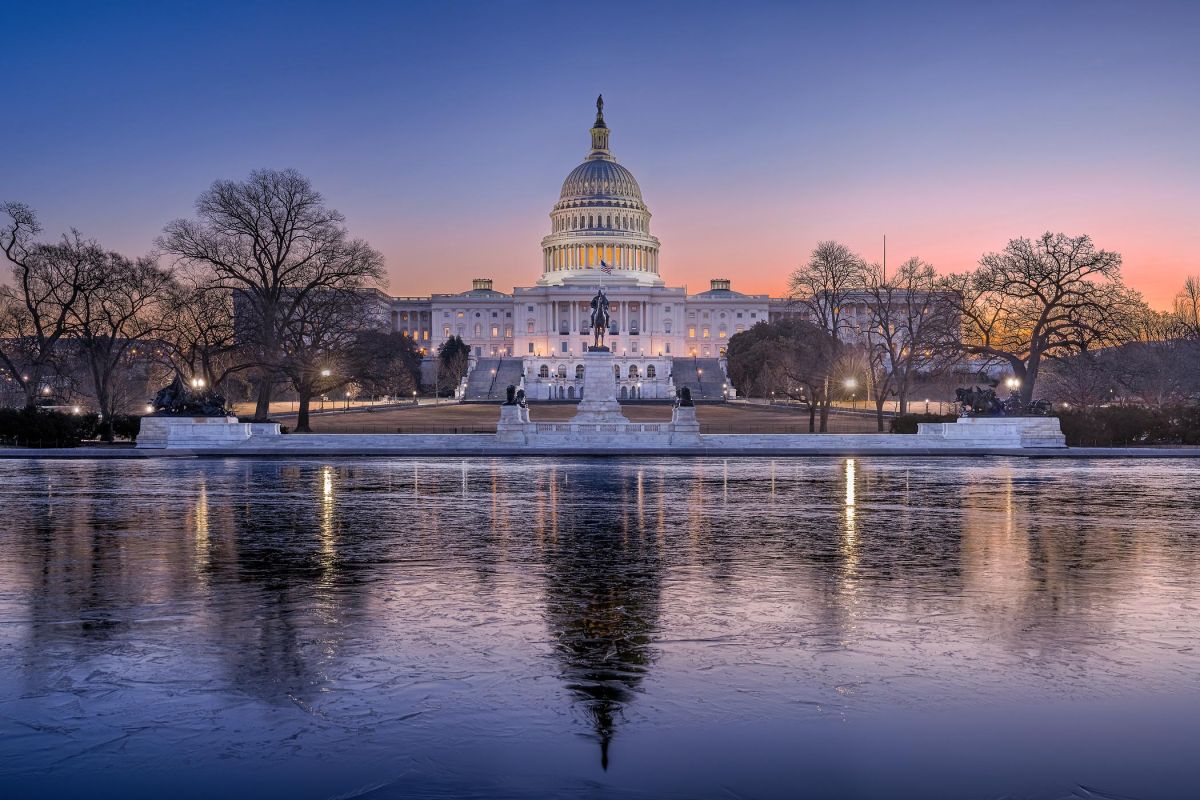The Biden administration’s approval of California’s plan to phase out new gasoline-only vehicle sales by 2035 is now under congressional review for potential repeal, following a decision by the Trump administration’s newly appointed Environmental Protection Agency (EPA).
The EPA announced Feb. 19 that it had formally submitted the waiver granted under the Clean Air Act to Congress under the Congressional Review Act, providing lawmakers the opportunity to overturn the policy.
California’s regulation, adopted by 11 other states, mandates that 35% of new vehicles sold by 2026 be zero-emission, increasing to 68% by 2030, and ultimately requiring that by 2035, at least 80% be fully electric and the remaining 20% be plug-in hybrid models.
EPA Administrator Lee Zeldin, appointed by President Donald Trump, framed the move as a necessary step to protect consumer choice. “The American people are struggling to make ends meet while dealing with rules that take away their ability to choose a safe and affordable vehicle for their families,” Zeldin said.
The decision follows Trump’s campaign promise to roll back emissions rules implemented under former President Joe Biden. During Biden’s presidency, the EPA argued California’s waiver was not subject to congressional review, leaving legal uncertainty about whether Congress can ultimately vote on its repeal.
Automakers have expressed concerns about the feasibility of meeting California’s strict targets. The Alliance for Automotive Innovation, which represents major manufacturers including General Motors, Volkswagen and Toyota, warned the regulations “will depress economic activity, increase costs and limit vehicle choice.”
In addition to the 2035 ban, the EPA has also submitted California’s December waiver for its “Omnibus” low-NOx emissions regulation for heavy-duty vehicles to Congress for review. The U.S. Department of Transportation is also working separately to undo Biden-era fuel economy regulations.
California officials argue the emissions rules are critical to reducing greenhouse gases and cutting smog-forming pollutants. The outcome of the congressional review could determine whether California and other states maintain the authority to set their own aggressive climate policies or face federal limitations on vehicle emissions regulations.












